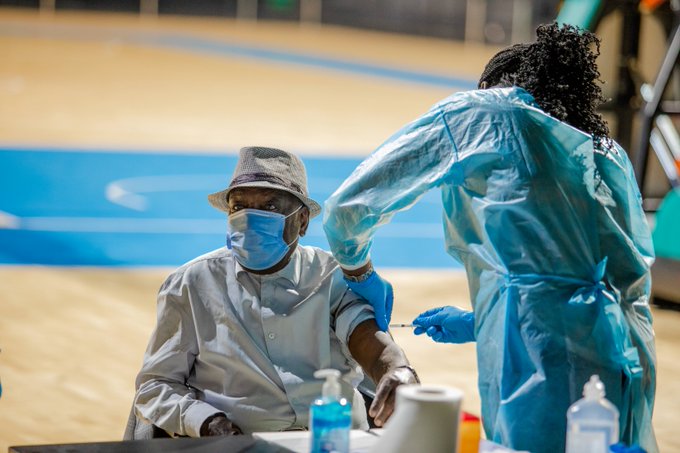The World Health Organization (WHO) Emergency Committee for COVID-19 has advised that COVID-19 continue to be categorized a Public Health Emergency of International Concern (PHEIC).
The Committee, which is established under the International Health Regulations (IHR) and convened by Dr Tedros Adhanom Ghebreyesus, Director General of the WHO, cited the continued detrimental impact of SARS-CoV-2 on health and health systems around the world, the possibility of new variants, and the need for improved surveillance and reporting to make better decisions when transitioning to a likely long-term strategy of living with the virus.
The WHO Director-General issued a set of recommendations based on the Committee’s guidance.
The Committee last met on 18 October 2022, two months after the somber milestone of 1 million reported COVID-19 deaths in 2022. Today’s decision, against the backdrop of rising cases in parts of the world, underlines that COVID-19 continues to have experts concerned.
The on-going categorization of COVID-19 as a PHEIC means that special measures, including expanded monitoring and reporting obligations for countries as well as Emergency Use Listing (EUL) of vaccines, can continue to be used to combat the SARS-CoV-2 virus.
To date, there have been more than 664 million confirmed cases of COVID-19 globally, and over 6.7 million deaths reported, with estimates of the true number significantly higher.
However, a historic global rollout of vaccines has helped avert millions of deaths. Global coverage with a primary series (two doses) of COVID-19 vaccine stands at 64% on average, and at 53% on average in the 92 lowest-income countries.
Dr. Seth Berkley, CEO of Gavi, the Vaccine Alliance, which co-leads COVAX – the global initiative for equitable access to COVID-19 vaccines – said the “announcement is a recognition that the global threat posed by COVID-19 is not over. While the world has made remarkable progress over the last two years, implementing the largest and fastest global vaccine rollout in history, we cannot afford to be complacent.”
He added that “early estimates of country demand indicate that lower-income countries supported by COVAX plan to rollout an additional 350-450 million COVID-19 doses in 2023, and we have access to the doses necessary to support their continued efforts.”
“The pandemic has contributed to historic declines in routine immunization rates and an alarming rise in outbreaks of diseases such as cholera and measles. Focusing on COVID-19 and other immunization priorities should not be mutually exclusive. Increasing COVID-19 coverage rates and boosting the highest risk not only means more lives saved – it helps health care workers and health systems in lower-income countries remain resilient in the face of these and other urgent priorities,” Berkley said.


